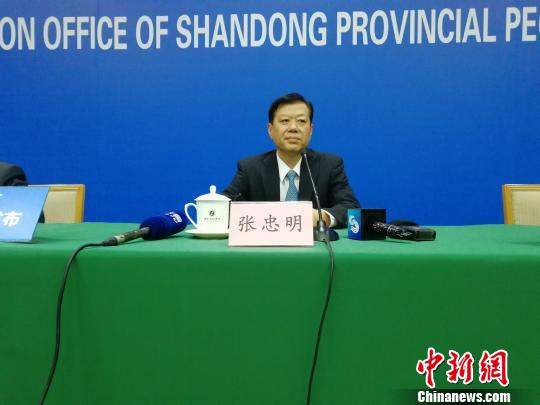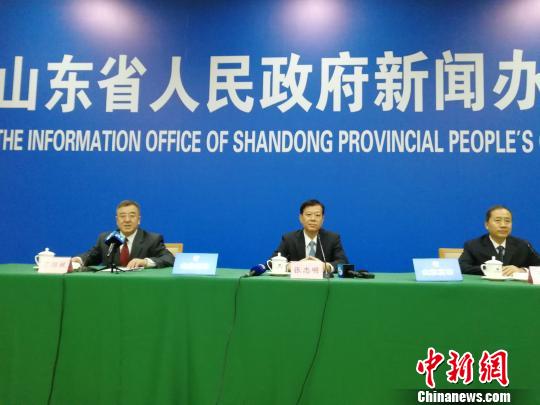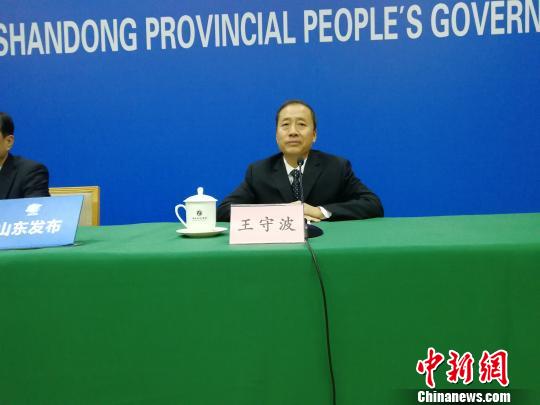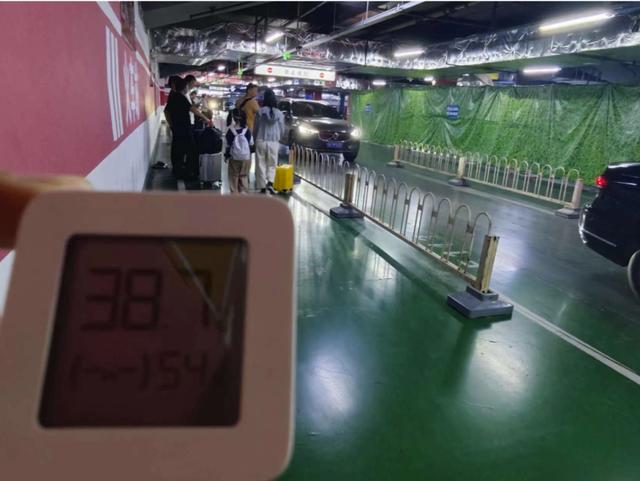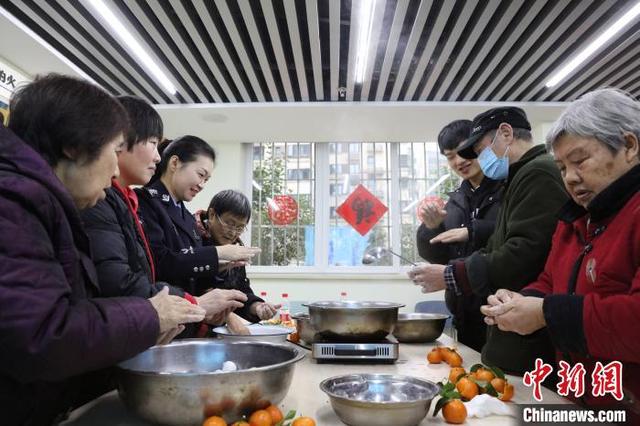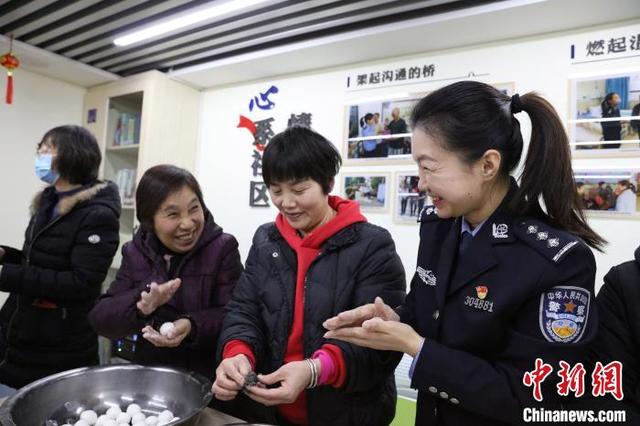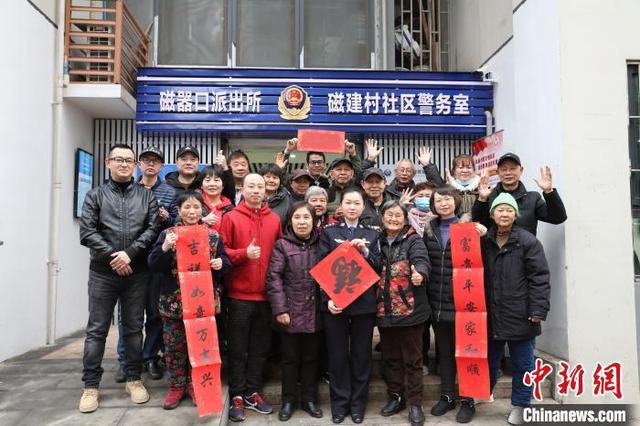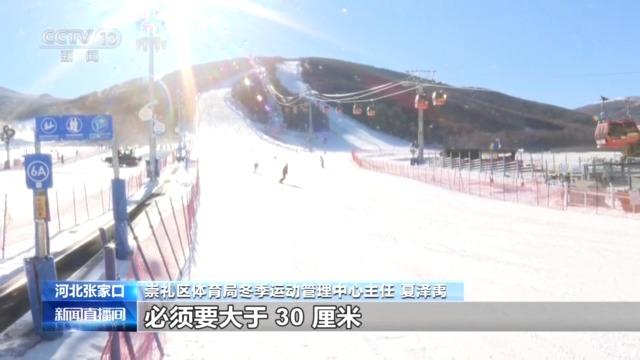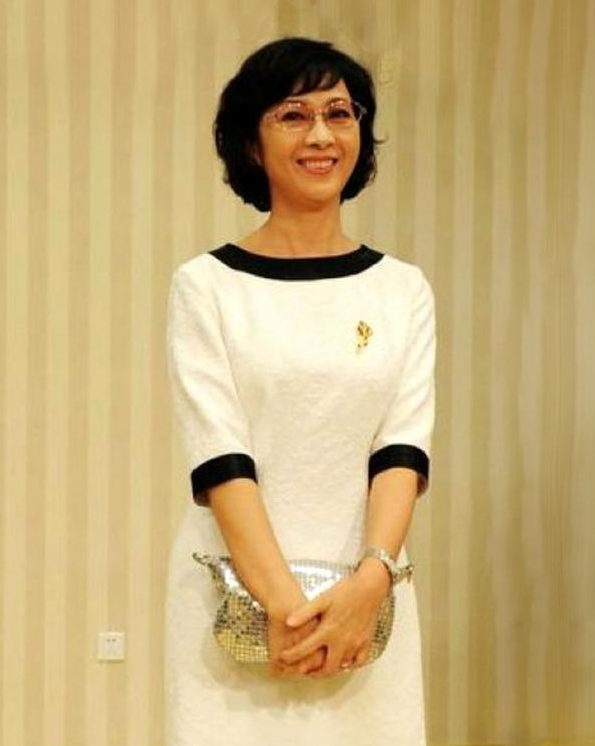BEIJING, Jan. 13 (Zhongxin Finance Shao Wanyun) On the 13th, the State Council Office held a press conference on financial statistics in 2022, and the relevant person in charge of the central bank responded to issues such as real estate, rectification of platform enterprises, RMB exchange rate, inflation and digital RMB.
Introduce structural tools to focus on supporting the smooth operation of the real estate market.
Zou Lan, director of the Monetary Policy Department of the People’s Bank of China, said at the meeting that we are studying and launching several other structural tools recently, which mainly focus on supporting the smooth operation of the real estate market, including the Baojiaolou loan support plan, the housing lease loan support plan and the private enterprise bond financing support tool, etc., and we will make some detailed disclosure and release after the introduction.
In addition, at the end of September last year, the People’s Bank of China and China Banking and Insurance Regulatory Commission issued a notice, clarifying that eligible city governments can decide to relax the lower limit of the interest rate of the newly issued first home loan in stages in the fourth quarter. Zou Lan introduced that the interest rate of new personal housing loans in December was 4.26% nationwide, which was the lowest level in history since statistics were available in 2008.
Zou Lan also said that in view of some adjustments in the real estate market, the People’s Bank of China, together with relevant departments, made efforts from both supply and demand in accordance with the deployment of the CPC Central Committee and the State Council to promote the smooth operation of the real estate market. With the effects of relevant policies gradually emerging, the financing environment of the real estate industry, especially high-quality housing enterprises, has improved significantly in recent days. From the data, from September to November last year, real estate development loans increased by more than 170 billion yuan, an increase of more than 200 billion yuan year-on-year. In the fourth quarter of last year, domestic real estate corporate bonds issued more than 120 billion yuan, a year-on-year increase of 22%.
In terms of risk prevention, the relevant departments drafted the Action Plan for Improving the Balance Sheet Plan of Quality Housing Enterprises. The action plan focuses on high-quality real estate enterprises that focus on their main business, operate in compliance, have good qualifications and have certain systemic importance, and focuses on promoting 21 tasks in four aspects: "asset activation", "debt continuation", "equity supplement" and "expected promotion", comprehensively implementing policies to improve the cash flow of high-quality real estate enterprises and guide the balance sheets of high-quality real estate enterprises to return to a safe range. The plan sets the conditions for high-quality housing enterprises, and there is no specific list, which is independently grasped by financial institutions.
The rectification of 14 large-scale platform enterprises such as Ant Group has been basically completed.
Ma Jianyang, head of the Financial Markets Department of the People’s Bank of China, said that since November 2020, the financial management department has guided and urged 14 large-scale platform enterprises such as Ant Group to carry out solid rectification in view of the outstanding problems in the past financial business, such as unlicensed operation, regulatory arbitrage, disorderly expansion and infringement on consumers’ rights and interests. At present, most problems have been basically rectified, large-scale platform enterprises operate in compliance and compete fairly, consumer protection awareness has been significantly enhanced, and financial business has been continuously standardized.
At the same time, the financial management department has issued a series of targeted institutional documents in the fields of third-party payment, personal credit investigation, Internet deposit, insurance, securities, funds, etc., and the regulatory framework for the normalization of financial business of platform enterprises has been initially formed, laying a good institutional foundation for the subsequent normalization supervision.
Ma Yuyang said that in the next step, the financial management department will conscientiously implement the spirit of the 20th National Congress of the Communist Party of China and the Central Economic Work Conference, adhere to the "two unwavering", pay equal attention to development and standardization, and support the healthy development of the platform economy.
First, continue to push relevant platform enterprises to speed up the rectification of the remaining few problems, and complete the rectification work from the beginning to the end. The second is to improve the level of normalized supervision, further improve the regulatory system and mechanism, strengthen the construction of regulatory scientific and technological strength, support platform enterprises to operate in compliance, develop financial business prudently, and have zero tolerance for illegal financial activities. The third is to study and formulate financial support measures to promote the healthy development of platform economy, support platform enterprises to improve their scientific and technological innovation ability and service quality and efficiency, consolidate and enhance their international competitiveness, and show their talents in leading development, creating jobs and international competition.
It is predicted that China’s inflation level will remain moderate in 2023.
Zou Lan said that from a global perspective, last year experienced a wave of high inflation that had never happened in decades. In sharp contrast, China maintained the basic stability of the price level, which was not easy. In the past five years and ten years, the average annual increase of consumer prices in China has remained at around 2%. This fully proves the superiority of China’s socialist system and the effectiveness of macro-control.
Zou Lan mentioned that in 2023, China’s inflation level is expected to remain moderate overall, but we should also pay attention to the potential possibility of inflation rebound.
On the one hand, China’s overall supply is abundant, demand is still recovering, and there was no excess currency in the past, so inflation is expected to remain stable. At present, China’s economy is still in the process of recovery and development, the industrial chain and supply chain are running smoothly, the lack of effective demand is still the main contradiction, and the output gap is still negative. In the short term, inflationary pressure is generally controllable. In the medium and long term, China is one of the major producers in the world, with a generally balanced economic supply and demand, stable monetary policy and stable inflation expectations of residents, which has favorable conditions for maintaining a basically stable price level.
On the other hand, the uncertainty of price trend still exists, so we should not take the inflation situation lightly, and pay close attention to the potential of its future warming. Domestically, China’s M2 growth rate has been in a relatively high position for some time, which does not rule out that the impact on prices is lagging behind. With the optimization of epidemic prevention and control measures, residents’ consumption kinetic energy will be gradually released, and the total demand tends to heat up, which may also be accompanied by some upward pressure of inflation. From an international perspective, geopolitical conflicts still disturb the global energy supply, and inflation in developed economies is still at a high level, so imported pressures also need to be vigilant.
In the next stage, the People’s Bank of China will adhere to the general tone of striving for progress while maintaining stability, organically combine the implementation of the strategy of expanding domestic demand with the deepening of structural reform on the supply side, give prominence to the work of stabilizing growth, employment and prices, maintain a prudent monetary policy that is precise and powerful, give consideration to short-term and long-term economic growth and price stability, internal balance and external balance, strengthen coordination and cooperation among policies, and promote the effective improvement of quality and reasonable growth of the economy.
Increase credit support for private small and micro enterprises
Ma Jianyang mentioned that in recent years, due to the repeated impact of the epidemic and the unstable international situation, China’s economy is facing greater downward pressure, making it more difficult for private enterprises to operate. The People’s Bank of China has continuously improved the financing environment of private small and micro enterprises by innovating structural monetary policy tools, improving credit support policies and broadening diversified financing channels.
In the next step, the People’s Bank of China will adhere to the problem orientation, focus on social concerns, guide financial institutions to treat all types of ownership enterprises equally, and create a better financial environment for the development and growth of private economy and private enterprises.
First, further increase credit support for private small and micro enterprises, continue to make good use of structural tools and increase efforts. The second is to further expand the scale of private enterprise bond financing. The third is to further improve the financial service level of private small and micro enterprises. The fourth is to further promote the standardized and healthy development of platform enterprises.
Keep the RMB exchange rate basically stable at a reasonable and balanced level.
Since 2022, major developed economies such as the United States, the euro zone and the United Kingdom have substantially tightened monetary policy and raised interest rates, which has had a tightening effect on the global financial system, and cross-border funds in emerging market economies are facing outflow pressure.
Xuan Changneng, deputy governor of the People’s Bank of China, said that the market has certain expectations for the Fed to raise interest rates in 2023. The autonomy and stability of China’s financial system are enhanced, and the expected stability of RMB exchange rate is helpful to buffer and cope with external risks, especially the spillover effect brought by interest rate hikes in developed economies. Generally speaking, the adjustment of monetary policy in developed economies has limited impact on China, and may have greater impact on other smaller emerging market economies.
With regard to the RMB exchange rate situation, since mid-November, 2022, with the effectiveness of domestic policies and measures to stabilize the economy, measures to optimize epidemic prevention and control and financial support for real estate policies have been introduced one after another, and the market expects that the Federal Reserve will slow down the pace of raising interest rates, the US dollar index has dropped to a high level, and the RMB exchange rate against the US dollar has gradually turned to an appreciation trend. On December 5, the spot exchange rate rose back to within 7.0.
Xuan Changneng said that the current and future trend of RMB exchange rate will be affected by multiple factors such as domestic and international economic and financial situation, balance of payments, market risk preference, etc., and short-term uncertainty is inevitable. Generally speaking, there is a solid foundation for maintaining basic stability.
Recently, China’s economy has generally continued to recover, and the epidemic prevention and control has been dynamically optimized. In the context of high global inflation, we have maintained the basic stability of prices. Considering the decline in the economic prosperity index of major economies, the growth rate of China’s trade surplus may have slowed down. Under the comprehensive action of various forces, China’s RMB exchange rate will generally maintain a stable operation. After years of financial reform and opening up, the depth and breadth of China’s foreign exchange market have been greatly improved, the flexibility of RMB exchange rate has been enhanced, market expectations have been stable, cross-border capital flows have been orderly, and international payments have been independently balanced. The RMB exchange rate will continue to remain basically stable at a reasonable and balanced level.
Digital RMB into M0
From December, 2022, financial statistics will include digital RMB data in M0 (currency in circulation) statistics.
In this regard, Xuan Changneng said that the digital RMB is the legal tender in digital form issued by the People’s Bank of China, and like the physical RMB, it is essentially a monetary component. From the point of view of statistics and management, it is necessary to make statistics, combined analysis and overall management of the two.
Xuan Changneng further stated that in recent years, with the gradual deepening of the digital RMB pilot, the application scenarios of digital RMB have steadily expanded, the transaction amount and stock have also increased, and the relevant management and statistical systems have been continuously improved. Incorporating digital RMB into M0 statistics can more accurately reflect the overall size of currency in circulation. By the end of 2022, the stock of digital RMB in circulation was 13.61 billion yuan, and the year-on-year growth rate of M0 was 15.3% after it was included. (End)
